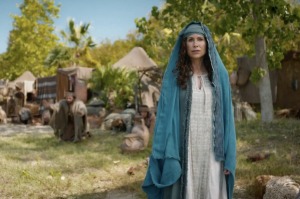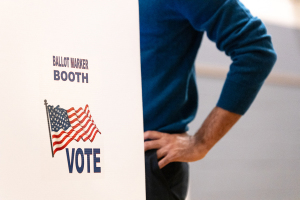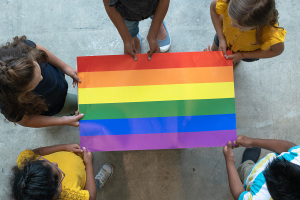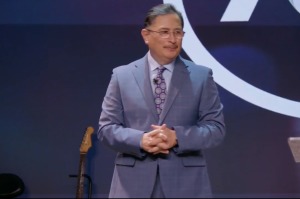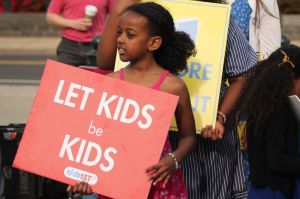Federal judge rules against Christian school in pre-game prayer lawsuit
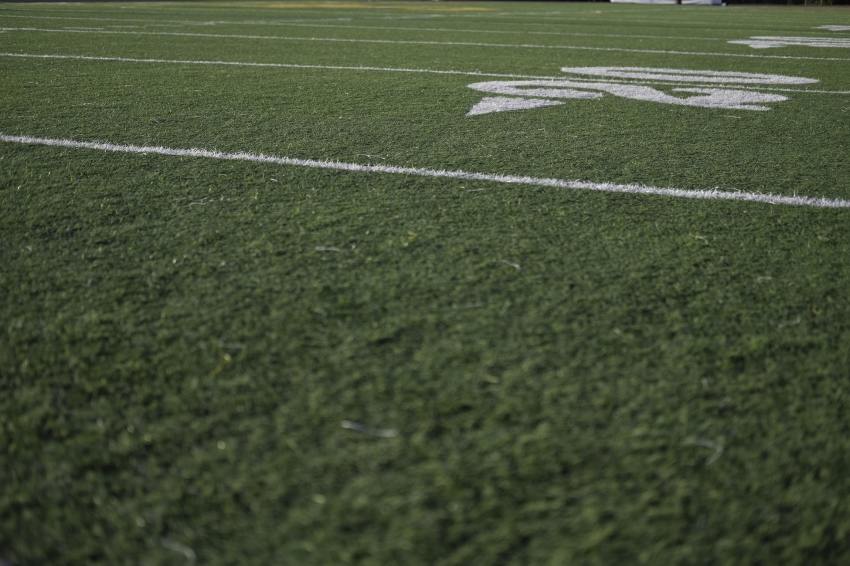
A federal judge has ruled that the Florida High School Athletic Association did not discriminate against two private Christian high schools by barring them from holding a prayer over the loudspeaker before a 2015 state championship football game.
In a 38-page ruling last Thursday, U.S. District Judge Charlene Edwards Honeywell ruled against Cambridge Christian School of Tampa. She claimed that the association did not violate the First Amendment when it refused to allow prayer over a public-address system before the 2015 championship game against the University Christian School of Jacksonville at Orlando Camping World Stadium.
She reasoned that FHSAA is a “state actor” and “a non-profit organization that governs high school athletics in Florida.”
“The issue before the court is whether the First Amendment required the FHSAA to grant the teams unrestricted access to the P.A. system to deliver the prayer over the loudspeaker during the pregame,” she wrote.
“Thus, the questions to be answered are whether the inability to pray over the loudspeaker during the pregame of the state championship final football game violated CCS’s (Cambridge Christian’s) First Amendment rights to freedom of speech and free exercise of religion. …[T]he court concludes that the First Amendment does not apply because the speech at issue is government speech, but even if some portion of the speech is considered private speech, the court finds no constitutional violation occurred.”
Cambridge Christian School had sued the state agency, claiming a violation of First Amendment rights. Honeywell had previously ruled against the schools in 2017. The case was remanded back to the court by the U.S. 11th Circuit Court of Appeals in 2019, with the unanimous panel stating that the “the district court was too quick to dismiss all of Cambridge Christian’s claims out of hand.”
Attorney Hiram Sasser of the First Liberty Institute, a legal organization dedicated to defending religious freedom that represents the school, told The Christian Post Thursday that the “bottom line issue” is whether the schools were forbidden from praying because the action is “religious.” Sasser asserted that the incident was an example of “unconstitutional viewpoint discrimination.”
In a 2017 brief to the 11th Circuit, First Liberty argued that the FHSAA and the district court “wrongly ignored the well-pleaded factual allegations of the verified complaint, as well as the FHSAA’s own admission of its viewpoint-based reasons for taking the actions it did against Cambridge Christian.”
Sasser said he was “somewhat surprised” by the judge’s ruling last Thursday but noted that this is not the first time this court disagreed with them. The attorney said they will likely appeal the ruling to the 11th Circuit.
“I mean, the athletic association, like so many people, use that P.A. system for, you know, messages of their own choosing, or they read off messages, advertising messages, and everything else,” the lawyer said. “So there is so much private use of that P.A. system. To not allow the schools to use it for their opening prayer they always had just doesn’t make any sense.”
FHSAA previously allowed a pregame prayer over the loudspeaker at the same stadium in 2012, according to Honeywell. However, the judge argued that the 2012 prayer was an “isolated incident,” and its occurrence did not change her view.
“While there is record evidence that prayer occurred in the 2012 Class 2A football championship final pregame, the isolated incident of prayer against the backdrop of a decade’s worth of football championship final scripts without any mention of prayer is an aberration which cannot be relied upon to evidence a history of private speech,” she wrote.
The district judge supported her claim by asserting that the FHSAA admitted during oral arguments for the case that the 2012 prayer was “permitted in error.” Sasser, however, said that the government cannot just permit things in one moment and then decide to discriminate against them later.
“You can’t excuse it away to say, well, we didn’t mean to treat those other people better,” he said. “That’s no justification for the discrimination that took place. And I think that’s what we basically got to on the first appeal. And hopefully, that’s where we’ll get to in the second.”















